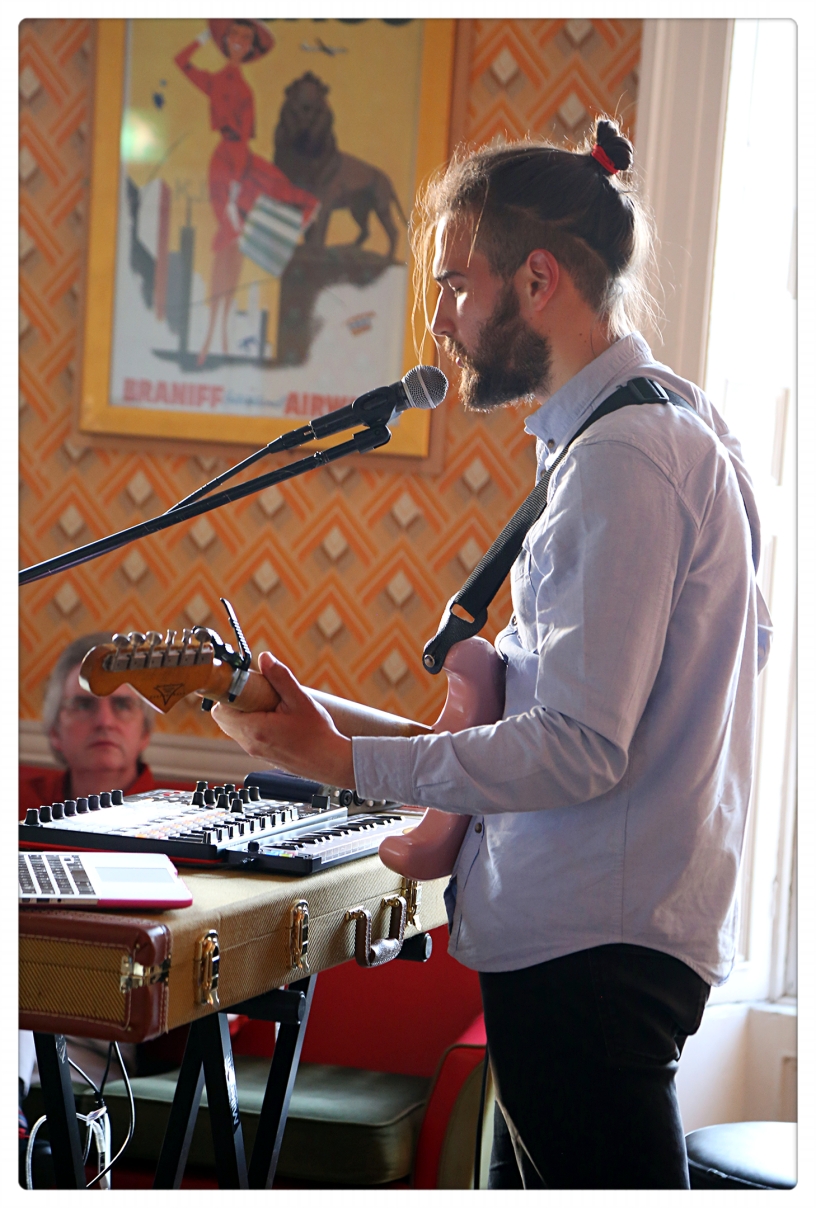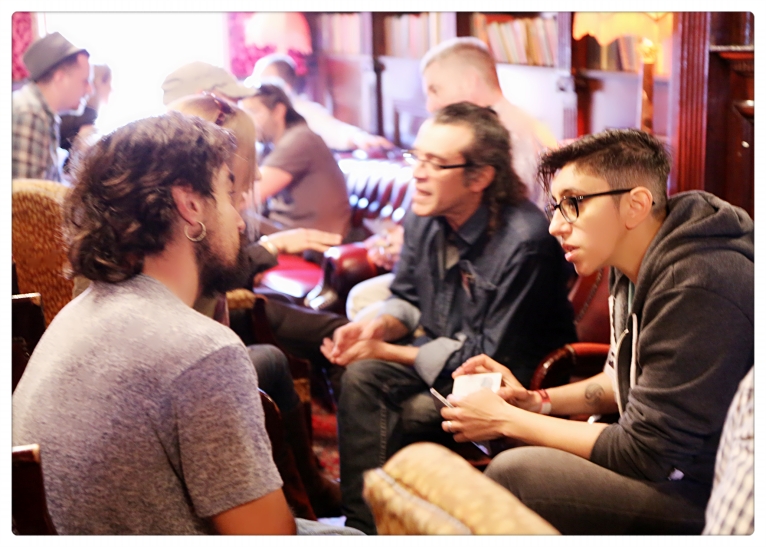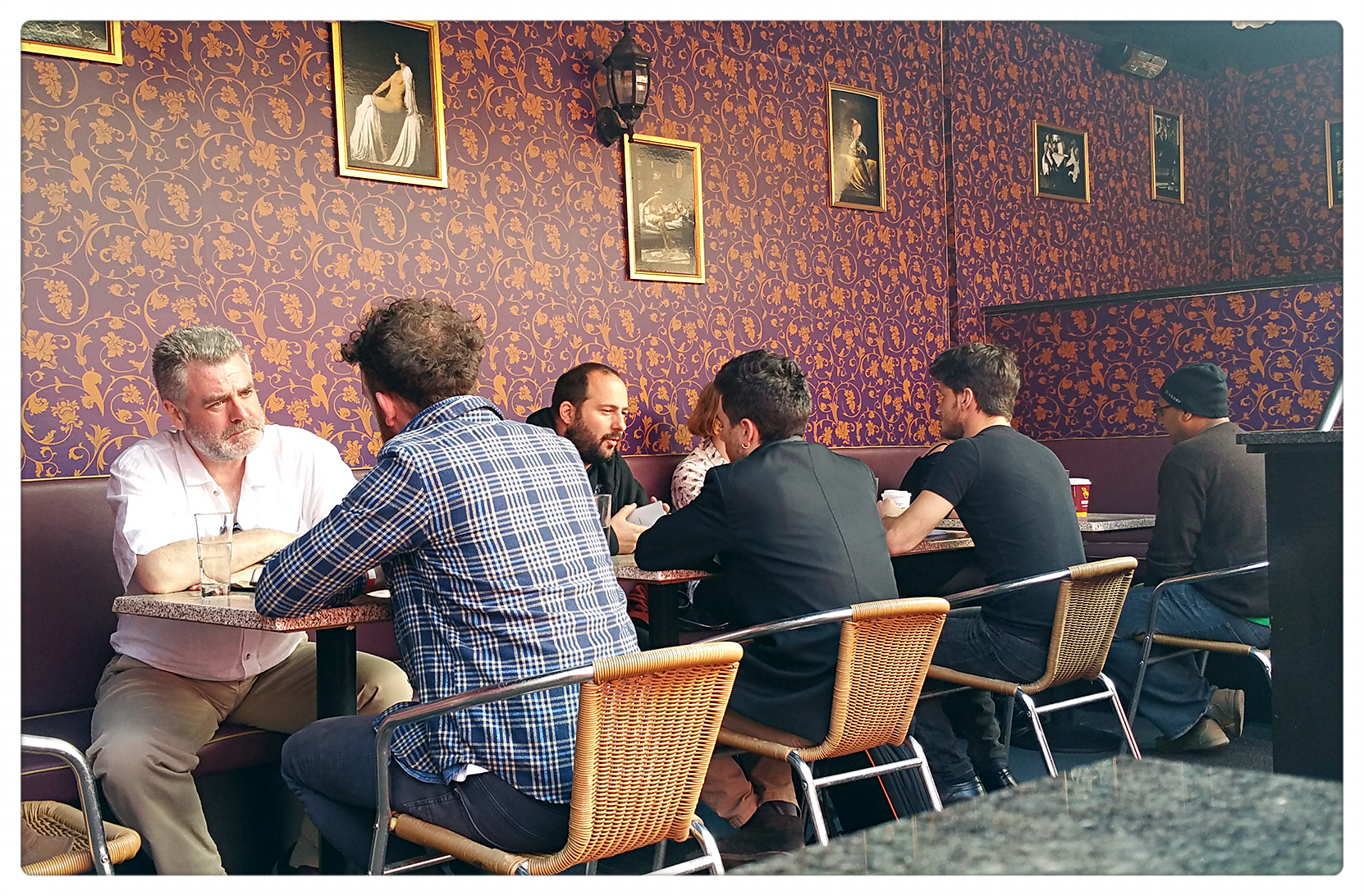So you’ve got a great proposal for a music project, but how are you going to get it off the ground? Whatever this proposal contains and whatever music you’re planning to embark on, you’ll need the most important tools to get funding and this will come from a grant. A grant will take the financial load off of you and increase your chances of success.
If you have a good idea, you need good financial backing to get it off the ground. You may be creatively bright and your ideas may be promising, however, if you don’t have the funds you need, it’s going to be difficult for you to start your music project effectively. There’s a lot of money being given out on music grants, for instance, the UK Arts Council planned to invest over £1 billion in 2016, but nevertheless, the grant application is a highly competitive process. Getting a good grant from an arts organisation or funding body is doable as long as you write an outstanding proposal.
Without access to a grant, you may find that your music project lacks the essence you have in mind and it may fall behind other projects, so do your project justice and secure a grant today. Let’s consider how to write a proposal that will engage the audience and help get your project started.
Research That Could Help
In order to secure the best grant you can, you’ll need to do thorough research about what kind of opportunities are present. Create a definitive list of all the grant bodies and funding opportunities that exist within your local area – just like when you look through a list of the best up and coming bands, it’s good to have a base which you can target in the future. If you’re at college, a lot of colleges have grant schemes for promising students, so look into these. Often, colleges are legally obliged to offer a certain amount of money for grants, so there may be something in it for you.
Make use of who you know in order to reach out for grants and information on accessing grants. Perhaps you’re in a strong music scene where a lot of other live musicians have been given grants in the past? Ask around and see where these musicians may have gained funding.
Yes, you read that right. With every grant body, there are strict criteria for what is needed to make an application, so do take time to meticulously check if you qualify. It may take a long time, however, there is nothing worse than writing out a bespoke grant proposal for a body that won’t be able to award you one in the first place – it’s simply a waste of time. Paying attention to the eligibility criteria will give you the best chances in terms of knowing what you can apply for. Get organised, create spreadsheets and make some calls if need be – whatever it takes to secure the best grant for you.
Don’t Sit Behind Your Computer
It’s important that you don’t just sit behind your computer and expect a grant to appear before your eyes. Be proactive in your approach when you look through your list to see the grant bodies that are applicable for you. A great way to help yourself is for someone else to help you.
Apply for a granting agent and let them see how they can help you send your application and make it stand out. There are many professionals with a lot more contacts than you, so it can be wise to make use of agents to assist you in your grant application process.
The Application Process
Depending on which body you’re applying for, you will need to state the reasons for your project and its value in a succinct and professional manner. Try to convince grant bodies that it is your project that they should get behind and only yours. Think of how your project can add value and drive this through in your application.
Be sure when you’re looking through the assessment criteria that you nail every point on the head. There is no room for complacency and error because these grant applications are highly competitive. You shouldn’t feel down about rejection either – research has found that almost 80% of applications are rejected by grant bodies. Do not procrastinate and write with a professional feel, giving yourself ample time to tailor each grant application to the body you’re sending it to.
Submit and Wait
Before you submit your grant, double check that you have included all supporting materials that can aid your application chances. Have you put in enough videos or recordings? Are all your references up-to-date? Whatever the application requirements are, be as professional as you can in your approach and think about how you can achieve all the requirements sufficiently.
Success?
When you get the grant that you wanted, it’s necessary to report on the project after its completion. Just like with your grant application, it is vital that you produce this report with the utmost professionalism so that you can have the best chance in the future to apply for further grants. Grant bodies and funders would like to know how you have made an impact with their funding. Collect necessary data and include it in your report in order to reassure the body that they have made the right decision. Whatever information you can provide, whether it’s quantitative information on interaction with your music or references from those that have heard it, put the necessary details in.
We’re not through yet! Think about the long term when you are writing this report and try to establish a long lasting relationship with the organisation that has given you funding. Often, a lot of the organisations are in a close circle, so a good reputation will allow you to access greater funding for your projects at a later date. You don’t want to burn any bridges – quite the opposite. Even if you haven’t received the money you’d hoped for or if your project hasn’t gone as well as it could have, keep good relations with those that have helped you.
Conclusion
There is a lot to be gained with funding for your musical project, so show the grant bodies that you are established, eager to achieve a result and can bring the benefits to them. It is crucial that the body is best informed about why they should be giving money to you. Be professional and make use of the advice above to create a perfect grant proposal. Best of luck.
Have you had much experience in the grant application process? Perhaps you know why a grant can be accepted or rejected. Share your thoughts on the matter and leave us a comment below.
BIO: Lori Wade is a content writer for custom-writings.net who is interested in a wide range of spheres from education and online marketing to entrepreneurship. She is also an aspiring tutor striving to bring education to another level like we all do. If you are interested in writing, you can find her on Twitter or Google+ or find her on other social media. Read and take over Lori’s useful insights!















 While at times it may feel like that dive-bar down the street with the open-mic night is your competitor, this does not have to be the case. It pays to build a relationship with other venue owners.
While at times it may feel like that dive-bar down the street with the open-mic night is your competitor, this does not have to be the case. It pays to build a relationship with other venue owners.

